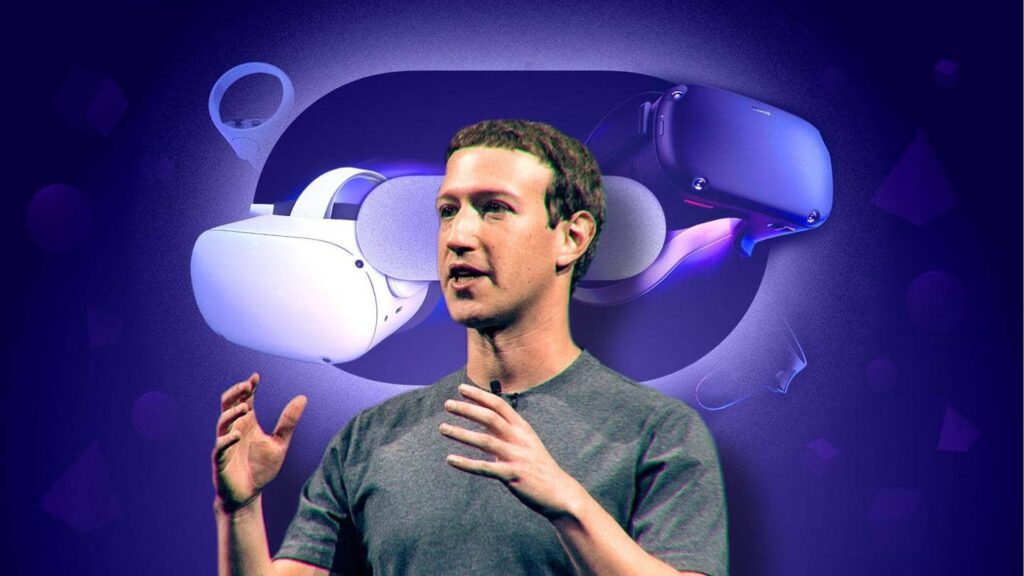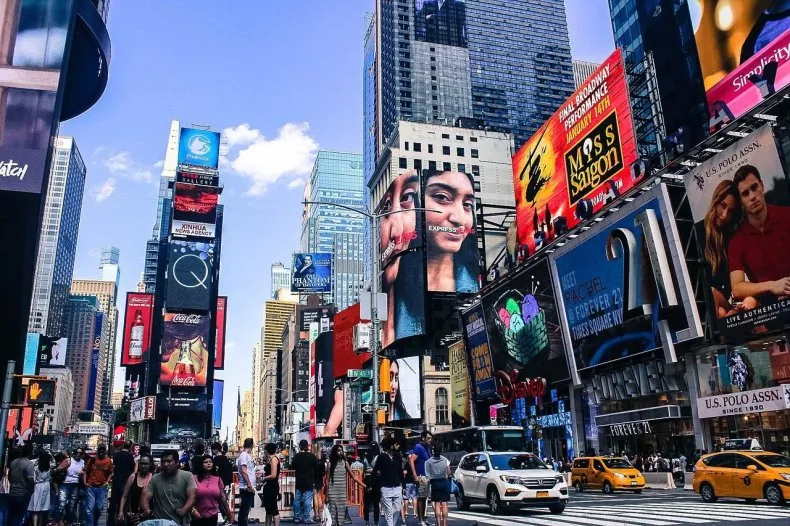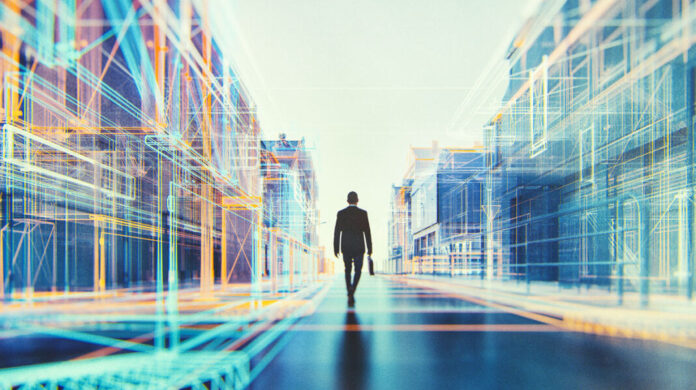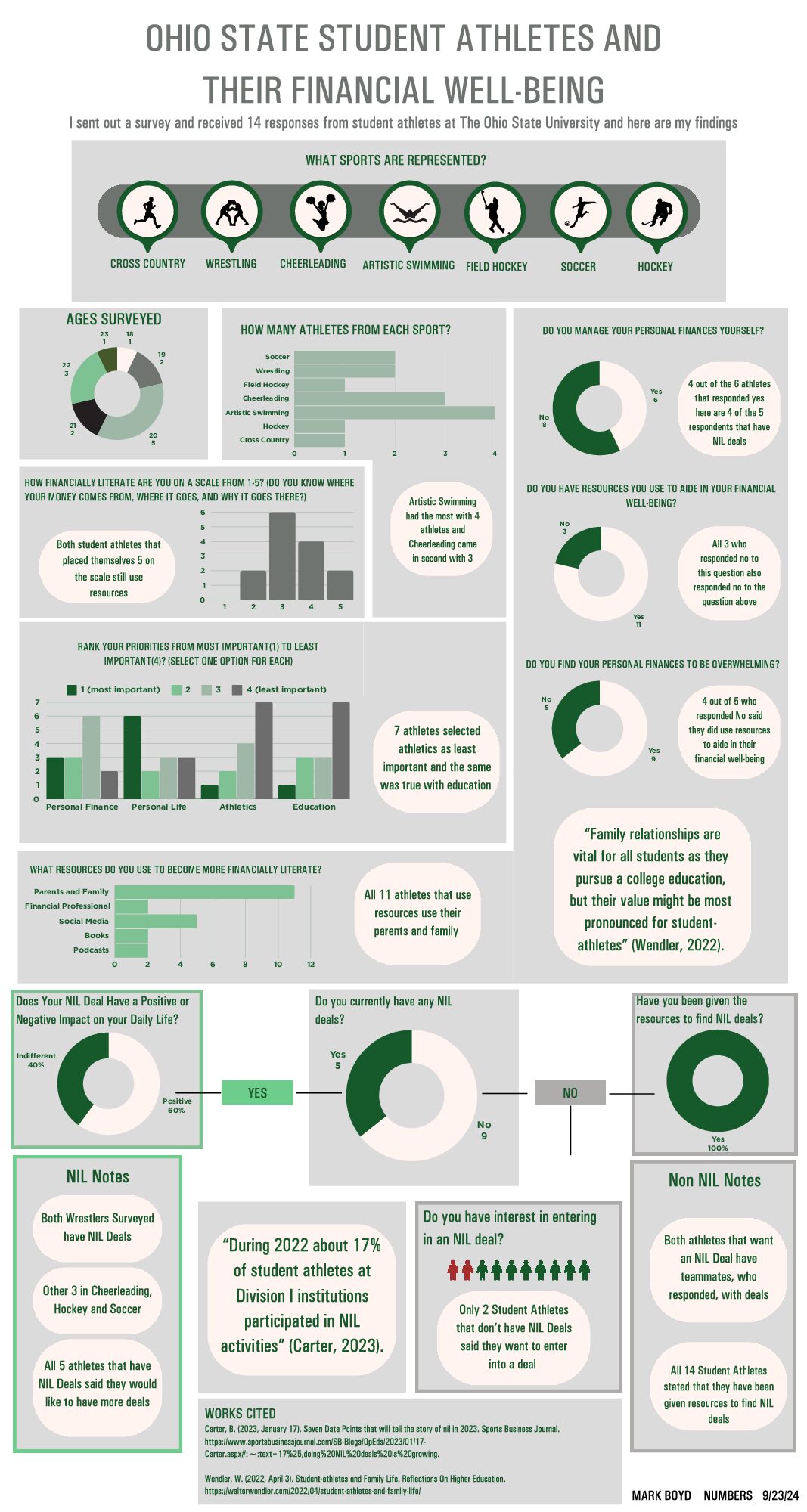The way we work has changed drastically over the past couple of years. Although the transition was already in process, the COVID-19 pandemic accelerated the migration from offline to online. It also paved the path for new work models, such as hybrid and remote work.
Meanwhile, we are at the cusp of the next technological paradigm shift — the metaverse.
The metaverse, by design, was always intended to be more than just another ecosystem of “virtual reality”-based applications. While still in the early stages, the metaverse is quickly shaping up to be an extension of the real world, powered by emerging technologies like virtual reality (VR), augmented reality (AR), artificial intelligence (AI), non-fungible tokens (NFTs), cryptocurrencies, blockchain and much more.
Microsoft recently showcased its mixed-reality platform, Microsoft Mesh. Participants can join Mesh’s virtual world using HoloLens 2, VR headsets, smartphones, tablets and PCs. The goal is to improve remote collaboration while simultaneously enabling immersive, interactive and gamified training, educational and communication tools for both businesses and consumers.

The transition towards the metaverse isn’t something that is just limited to technology-intensive companies. In less than a year, leading brands like Gucci, Louis Vuitton, Balenciaga, Nike, Burberry, Tommy Hilfiger and dozens more have ventured into the metaverse by leveraging one or more of the emerging technologies.
Even governments are interested in exploring the possibilities and potential that the metaverse is capable of unlocking. The South Korean government found itself in the spotlight earlier this year when it unveiled $200 million worth of funding to expand its “domestic” metaverse ecosystem.
The way we work is perhaps where the metaverse can have the greatest impact. Start with the notion that the metaverse raises social interaction to a new plateau. By leveraging the power of NFTs (digital avatars), immersive reality and mixed-reality platforms, companies can implement interactive (even gamified) learning and training solutions that are collaborative by design.
The metaverse focuses on building a user-focused economy, which in turn will financially benefit thousands of people.

A recent publication from the research “Quantifying the Effects of Working in VR for One Week” highlights that working in the metaverse for extended periods may lead to higher social anxiety, a perception of higher workload, disengagement from reality and even adverse physical side-effects and significant health drawbacks.
While the idea is revolutionary, the current advancement is mostly in terms of the underlying technology, not user experience.
Reflexive Analysis
Virtual reality is in, and with Mark Zuckerberg’s Meta trying to revolutionize the world we can only speculate how this tech will transform all aspects of our lives. While the workplace seems to be the area that this technology will impact the most, it is by far the only aspect of life tied to the advancements. Government interest in The Metaverse may be indicative that this technological revolution may be more than just a fad, incorporating a slew of complex systems into the fabric of the digital world (cryptocurrencies, art and culture, fashion, grocery, leisure, etc.).
The technological requirements for Microsoft’s Mesh is very similar to the specs for the Hyve-3D, and Meta’s requirements are even simpler. Could these systems become the norm in the next five to ten years? Perhaps we are on the cusp of discovering a new world, a place that develops its own identity under the watchful eye of mega-corporations. How will issues like privacy, protection, and peace be dealt with in this brave new world?
Williamson, Sadie. "The Future Of Work In The Metaverse." International Business Times, IBT Media, 10 Aug. 2022, www.ibtimes.com/future-work-metaverse-3600517. Accessed 1 Sept. 2022.




